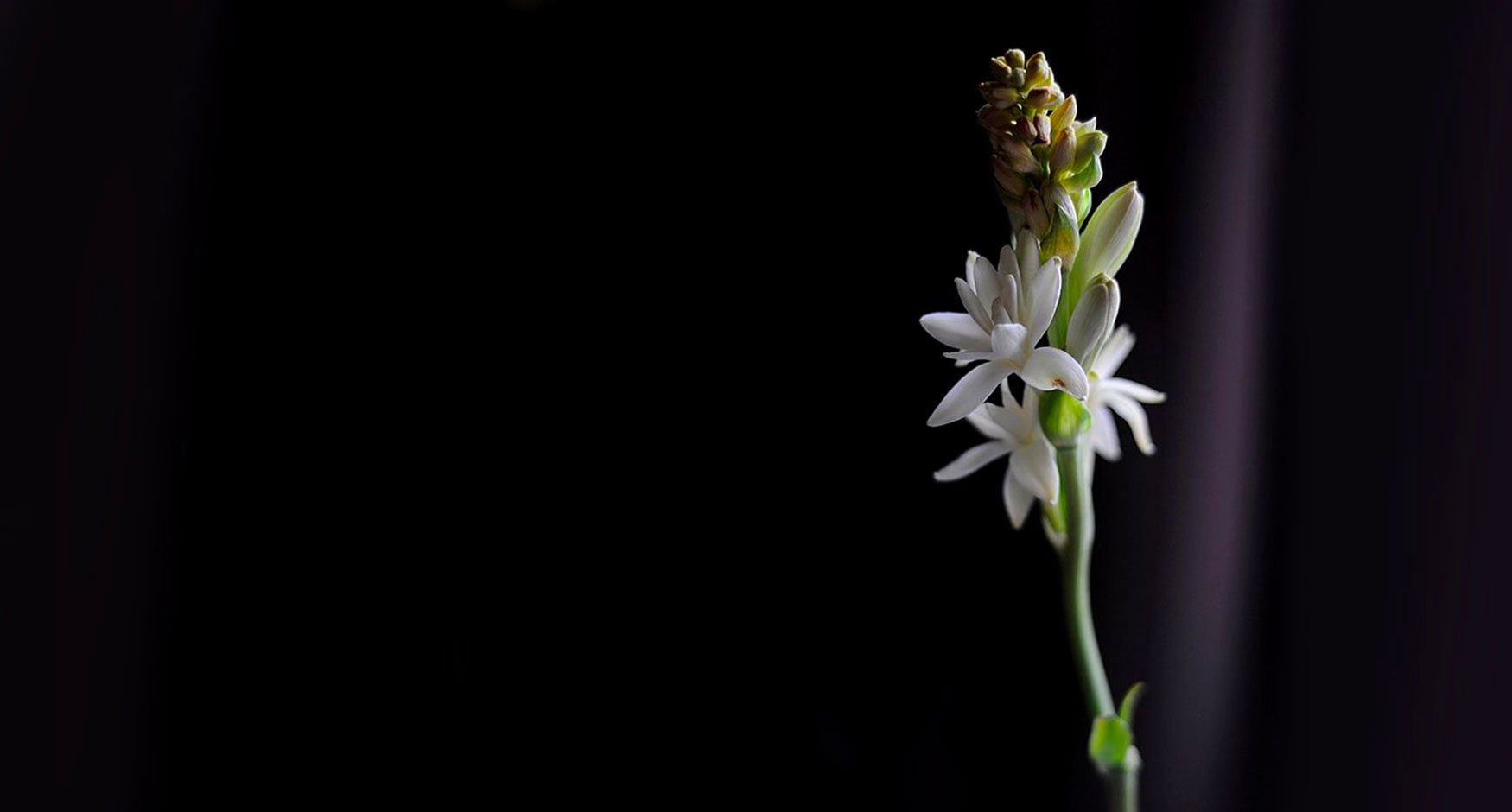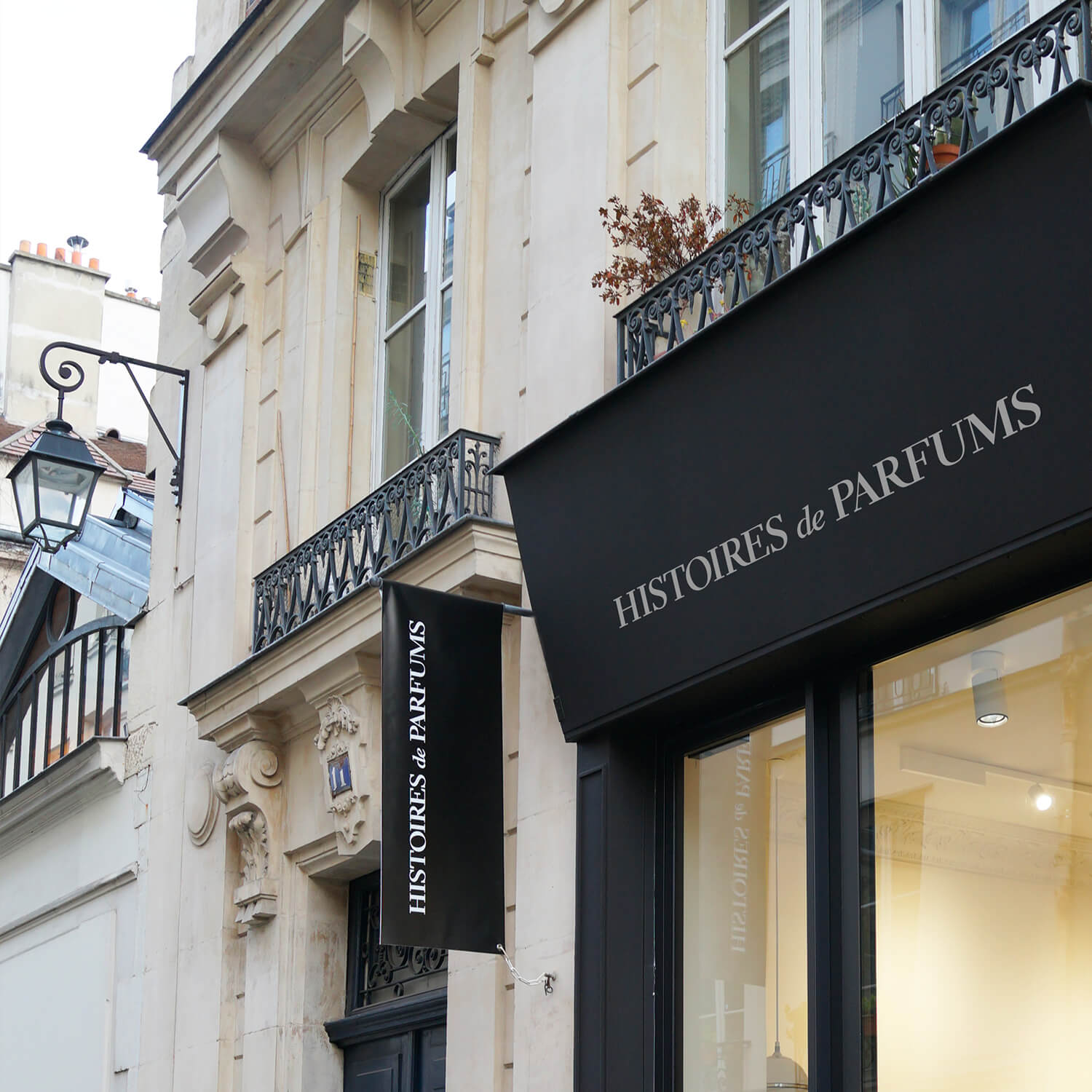
Tuberose

The Plant
Tuberose is a vivacious plant of the Agavaceae family. Originally from Mexico, it can grow to be 1.2 meters high. This white flower cannot withstand the cold and in Europe, you must wait until May to plant it when there is no risk of freezing over.
The plant blossoms in sunlight, in a rich and dry soil. Its blooming season extends from July to October with a peak at the beginning of August.
Historically
Tuberose made its first appearance in Europe in the 16th century after the conquest of Mexico and quickly earned a seductive and erotic character. Young girls at the time were thus encouraged to take evening promenades in gardens where tuberoses grew.
In India, tuberose, much like jasmine, is the flower "complicit of love", and is used to decorate the rooms of young newlyweds.
Louise de la Vallière, Louis XIV's official mistress at Versailles, provoked extreme jealousy in queen Marie-Thérèse of Austria. At the time, it was believed that tuberose was harmful to pregnant women, so to assure the queen that she would not get pregnant, Louise filled her room with tuberose. Nevertheless, this highly considerate mistress ended up having four children from the Sun King.
In Perfumery
In perfumery, tuberose belongs to the prestigious group of highly prized flowers. For a while it was largely cultivated in Grasse, but today, India takes the lead and then Egypt as its top producers. The flowers are collected by hand as soon as the corollas bloom.
Like all white flowers, it cannot endure heat based extraction. In the past, enfleurage by heat was used as a method to extract perfume from the flower, but today, that long and complex process has been replaced with extraction using volatile solvents.
Tuberose has a powerful, captivating, persistent, warm and even medicinal scent. It features hints of honey, wax, orange flowers and jasmine.
When creating a perfume, it is used as the core scent, and is also recognized as a sign of wealth in Oriental cultures and is everpresent luxury fragrances.




